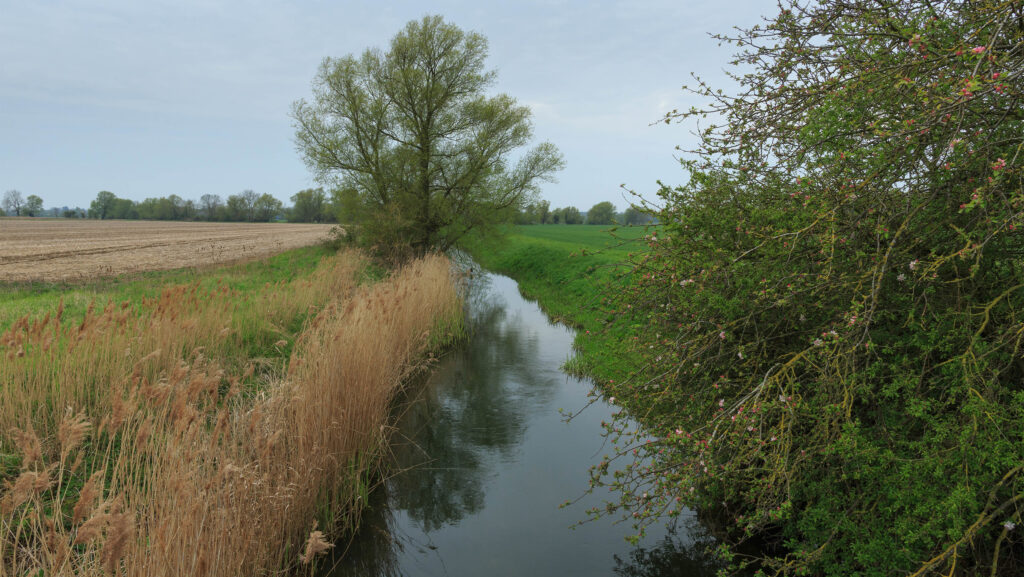Nutrient Action Plan to put ‘severe strain’ on NI farmers
 © Tim Scrivener
© Tim Scrivener Plans to reduce fertiliser use on farmland included in Northern Ireland’s Nutrient Action Programme (NAP) could cost the agri-food sector more than £1.5bn each year, according to industry reports.
Analysis conducted by NI research body AgriSearch found that the proposals could have a significant negative impact on the farming sector and wider economy, leading to drastic reductions in livestock numbers.
Changes to the Department of Agriculture, Environment and Rural Affairs’ (Daera’s) existing programme are due to be introduced in early 2026, following an industry-wide consultation.
See also: NI farm groups call for pause to Nutrients Action Programme
New measures include regulations on slurry spreading, restricted use of fertiliser products, mandated use of buffer strips near waterways, and the introduction of farm phosphorus balance limits.
An impact calculator launched by AgriSearch has estimated that the total economic impact of imposing phosphorus balance limits and buffer strips would cost £1.56bn a year, based on the 8kg/ha limit.
Dairy farms are expected to be most adversely affected, accounting for almost £900m of the cost, followed by poultry (£331m) and beef (£219m).
The AgriSearch report concluded that the measures could put severe financial strain on farm businesses, threaten supply chain resilience and food security, and potentially destabilise the NI land market.
Jason Rankin, strategy manager at AgriSearch, said: “We fully recognise the importance of improving water quality and nutrient management; however, the findings of our analysis paint a stark picture of the potential consequences of current NAP proposals.
“Without careful consideration of a full economic appraisal and industry input, the proposed environmental measures could inadvertently destabilise the very foundations of our rural economy and food supply chain.”
The Ulster Farmers’ Union (UFU) along with other stakeholders within the NI agri-food sector have called on Daera to carry out full economic analysis on the impact of its proposals.
UFU president William Irvine said: “The findings from this interim economic analysis into the NAP proposals are utterly dire.
“This report shows that these two proposals alone would decimate family farms.
“The financial impact following the implementation of the 10kg and 8kg/ha P balance and buffer strips would force drastic livestock cuts or significant land acquisition, both of which are economically unsustainable for many family farms.”
Farmers Weekly contacted Daera for comment.
A Daera spokesperson said: “The department will take time to consider the AgriSearch report in detail and evaluate the methodology that has been used. The report will be considered, along with other assessments, in the ongoing development of the revised NAP.
“The minister has previously indicated that the department will be undertaking a full economic impact assessment of the revised NAP proposals, in addition to the regulatory impact assessment.
“Now that the public consultation has closed, a Stakeholder Task and Finish Group will be set up to consider responses and during this process, the economic impact of revised proposals and a draft economic impact assessment will be prepared.”
